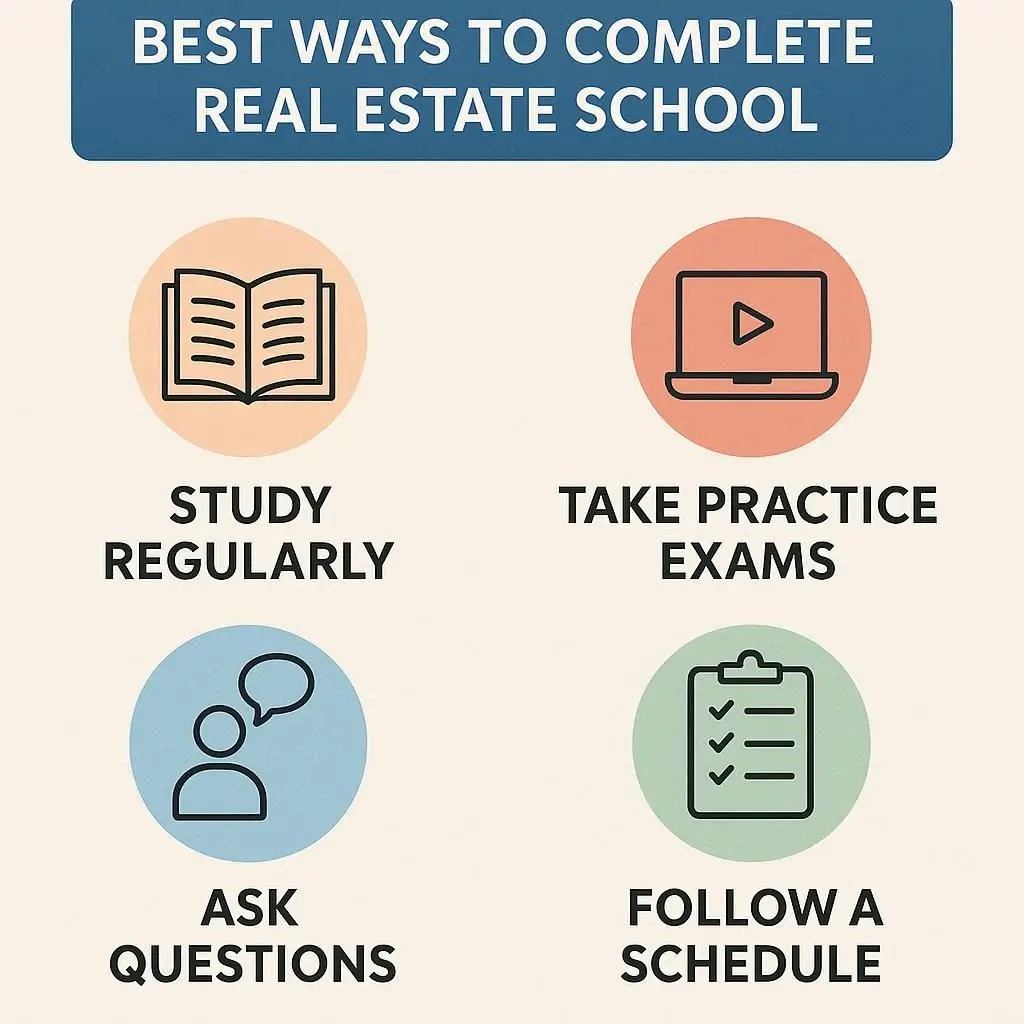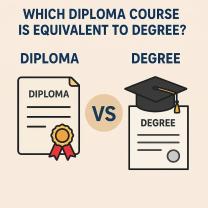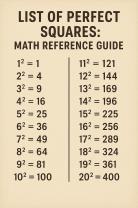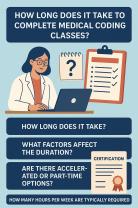What is the best way to complete real estate school?
Best Ways to Complete Real Estate School
1. Choose the Right Format
In-person classes → Good if you learn better with structure and face-to-face interaction.
Online/self-paced courses → Flexible for busy schedules, but require discipline.
Hybrid programs → Combine the best of both.
Pick the format that matches your learning style and daily routine so you’ll actually stick with it.
2. Stay Consistent With Study Time
Treat real estate school like a job.
Set specific study hours (e.g., 1–2 hours daily instead of cramming before exams).
Use a planner or calendar to keep track of assignments, quizzes, and deadlines.
3. Take Good Notes
Highlight key terms (especially definitions like encumbrance, escrow, lien).
Make flashcards (digital apps like Quizlet work great).
Summarize chapters in your own words for better retention.
4. Focus on the Licensing Exam Content
The state licensing exam is the real goal.
Most courses emphasize national + state-specific real estate law, ethics, finance, and contracts.
Review the exam outline for your state (often provided by your real estate commission).
5. Practice With Exam Prep Tools
Take as many practice tests as possible.
Use exam prep books or apps to get familiar with question styles.
Review missed questions carefully to spot weak areas.
6. Engage in Class (Even Online)
Ask questions if you don’t understand something.
Participate in discussions to reinforce concepts.
Join a study group — talking through topics helps lock them in.
7. Stay Motivated
Keep your end goal in mind (getting licensed and starting your career).
Break big goals into small wins (finishing a module, passing a quiz, etc.).
Reward yourself when you hit milestones.
8. Take Care of Yourself
Don’t underestimate rest — memory works best when you’re well-slept.
Exercise and short breaks improve concentration.
Avoid marathon cramming; steady learning sticks better.
Quick Strategy Recap
Pick a course format that fits your lifestyle.
Build a consistent study routine.
Use flashcards + practice exams to prep for the license test.
Stay engaged, motivated, and organized.
Steps to Complete Real Estate School Successfully
Becoming a licensed real estate agent is a step-by-step process that begins with education. The first major step is to enroll in a pre-licensing course, which is required by every state. The number of hours needed varies significantly, from as few as 40 hours to over 200 hours, depending on the state's requirements. These courses cover fundamental real estate principles, contracts, property law, ethics, and financing. You can choose between in-person classes or more flexible online programs.
Once you've completed your required coursework, you must pass a final pre-licensing exam, which is different from the state licensing exam. This exam ensures you have a solid understanding of the course material before you can move on to the official state test.
Choosing the Right Real Estate Program
Selecting the right real estate school is crucial for your success. Here are some key factors to consider:
State Approval: The most important factor is confirming the school is approved by your state's real estate commission. This ensures your completed coursework will be recognized when you apply for your license.
Pass Rate: Research the school's pass rate for the state exam. A high pass rate is a strong indicator of the program's quality and effectiveness.
Instructor Quality: Look for programs taught by licensed and experienced agents or brokers who can provide real-world context and insights.
Learning Format: Decide if an online or in-person format best suits your learning style and schedule. Online programs offer flexibility, while in-person classes can provide more direct interaction with instructors and peers.
Continuing Education: Consider if the school offers continuing education (CE) or broker licensing courses, which will be essential for your future career growth.
Study Tips for Passing Exams
The state licensing exam is a critical hurdle. It typically has two parts: a national portion on general real estate concepts and a state-specific portion on local laws and regulations. Here are some study tips to help you succeed:
Create a Study Schedule: Organize your study time and focus on one topic at a time. The national portion often covers topics like property ownership and contracts, while the state portion covers specific state laws.
Use Practice Exams: Taking practice tests is one of the most effective ways to prepare. They will familiarize you with the question format, identify your weak areas, and help you get comfortable with the timed nature of the exam.
Flashcards and Vocabulary: Real estate has a lot of specific jargon. Use flashcards to master key terms, definitions, and formulas.
Review Your Notes: Go back over your pre-licensing course notes, paying close attention to concepts your instructor emphasized.
Licensing Requirements After School Completion
Passing the exam doesn't automatically grant you a license. You must follow a few more steps:
Apply for Your License: Submit a formal application to your state's real estate licensing department. This often involves a fee and a background check, which may include fingerprinting.
Affiliate with a Brokerage: You cannot practice real estate independently as a newly licensed agent. You must be sponsored by a licensed real estate broker. The broker will oversee your transactions and provide mentorship. This is a crucial step for gaining experience and launching your career.
Post-Licensing Education: Many states require new agents to complete post-licensing education within their first year or two to learn practical, on-the-job skills.
Continuing Education and Career Growth in Real Estate
The learning doesn't stop once you get your license. Continuing education (CE) is required to maintain an active license and is a key driver of career growth.
Stay Up to Date: CE courses ensure you are current on changing laws, regulations, and industry trends.
Specialize: Use CE to develop specialized knowledge in areas like commercial real estate, property management, or real estate investing. This specialization can help you attract more clients and increase your earning potential.
Become a Broker: For career growth, many agents choose to become a real estate broker. A broker license requires additional education, a certain amount of experience as an agent (often 2-3 years), and passing a separate, more advanced broker exam. A broker can own their own firm and hire other agents to work under them.
Professional Designations: You can also earn professional designations and certifications (e.g., Certified Residential Specialist) to demonstrate expertise and stand out from the competition.













